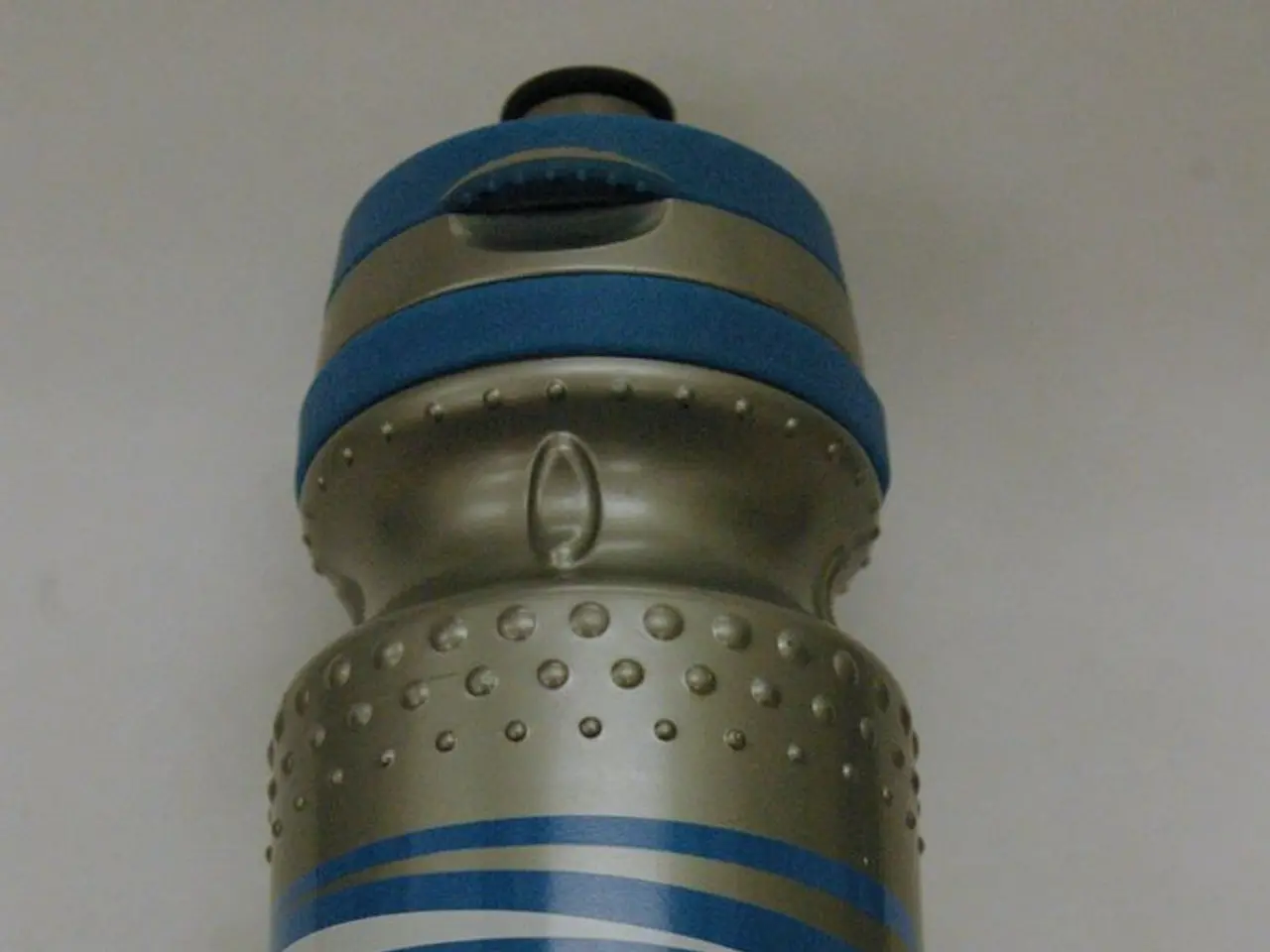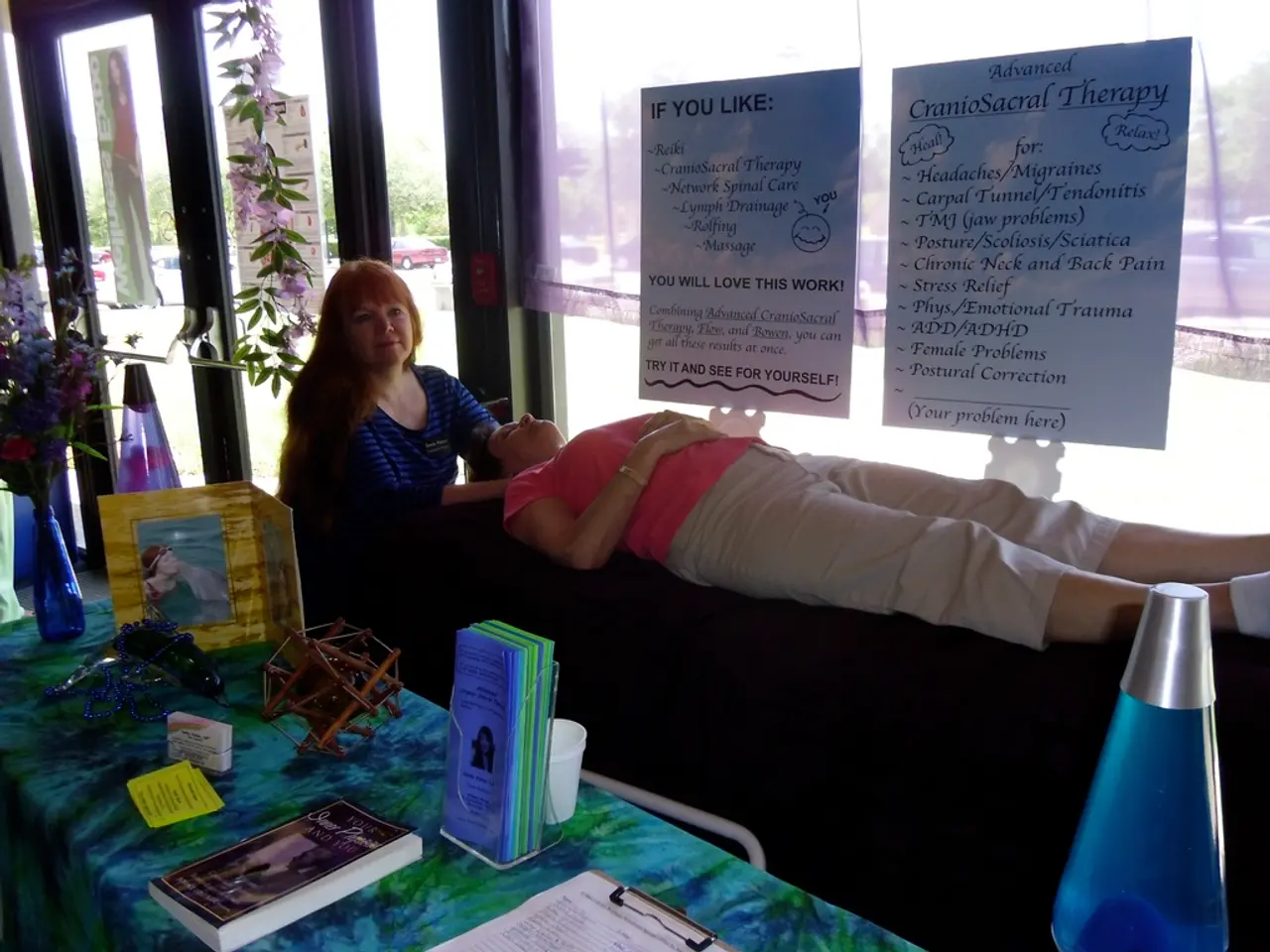Artificial Happiness Reminiscences: A Potential Future Tool to Combat Depression
In a groundbreaking development, researchers have discovered that reactivating positive memories can potentially influence the treatment of depression. This approach, which aims to enhance the emotional impact of positive experiences during therapy, could counteract the negative bias typical in depression.
The crux of this discovery lies in the dentate gyrus, a region in the brain that becomes active during positive experiences and plays a crucial role in alleviating depression symptoms in rats. Cognitive-behavioral interventions that help patients reconnect with positive memories have shown promise in treating depression in humans, further validating this approach.
One intriguing aspect of this research is the use of optogenetics, a neuroscience innovation that allows for precise targeting of specific neural circuits. By genetically modifying brain cells to become sensitive to light and activating them using precisely targeted light pulses, researchers have managed to reactivate positive memory cells in depressed rats, alleviating depression symptoms.
This breakthrough comes as depression continues to be a significant challenge, characterized by persistent negative moods, loss of interest in previously enjoyable activities, disrupted sleep patterns, and diminished motivation. Despite differences between rats and humans, similar principles may apply to human depression due to shared brain structures and neurochemical systems.
The brain's blocking of access to positive memories in individuals with depression has been discovered, and researchers are now exploring ways to unlock these memories. This could pave the way for a new approach to treating human depression: finding ways to access and reactivate positive memories that remain trapped behind depression's neurological barriers.
Future therapeutic strategies may incorporate targeted memory reactivation techniques, combining psychedelics with memory reactivation, pharmacological enhancers for memory plasticity, and neuromodulation techniques like Transcranial Magnetic Stimulation (TMS) and transcranial direct current stimulation (tDCS). These approaches aim not only to alleviate depressive symptoms but also to modify underlying neural circuits related to emotional memory processing for more durable recovery.
Moreover, this research could extend to the treatment of other cognitive disorders like Alzheimer’s disease by enhancing memory function and emotional resilience. Studies on psychedelic therapies, such as MDMA-assisted therapy, indicate that conscious memory reactivation during therapy sessions plays a crucial role in treatment success.
However, more direct clinical studies specifically investigating artificial positive memory reactivation in depression treatment are needed for conclusive evidence. As we delve deeper into this promising avenue of research, the light switch to access positive memories might just be within our grasp.
Science is at the forefront of exploring new health-and-wellness approaches, particularly in the field of mental-health therapies-and-treatments. The potential for unlocking positive memories trapped behind depression's neurological barriers demonstrates an innovative strategy in redefining depression treatment.




